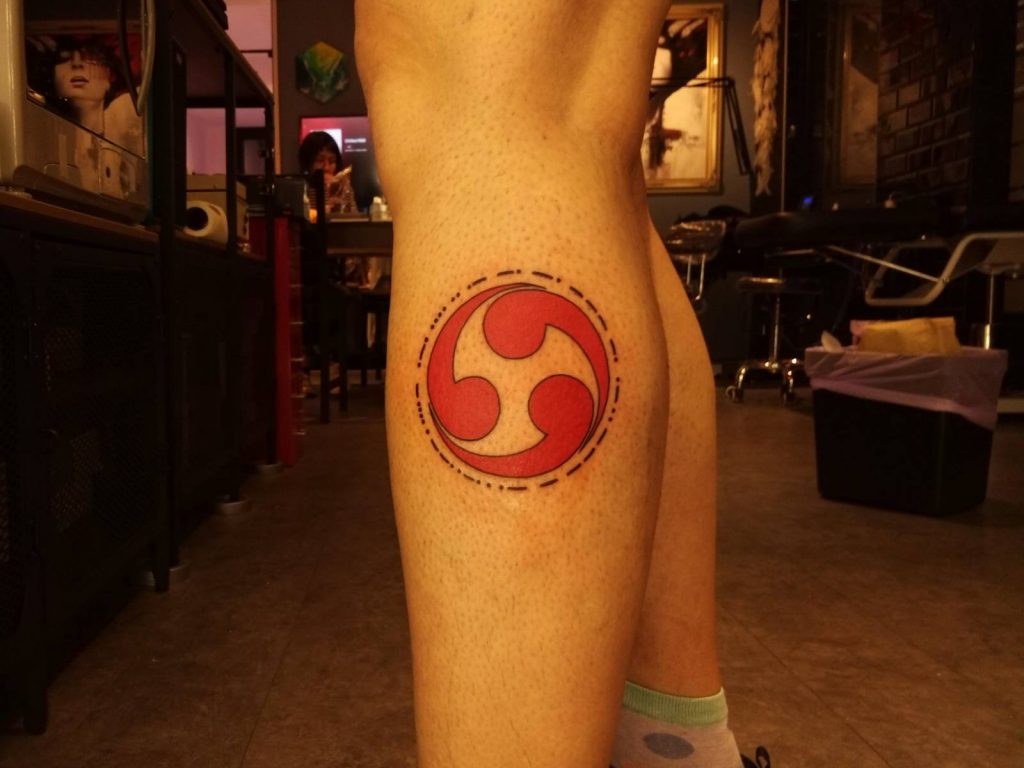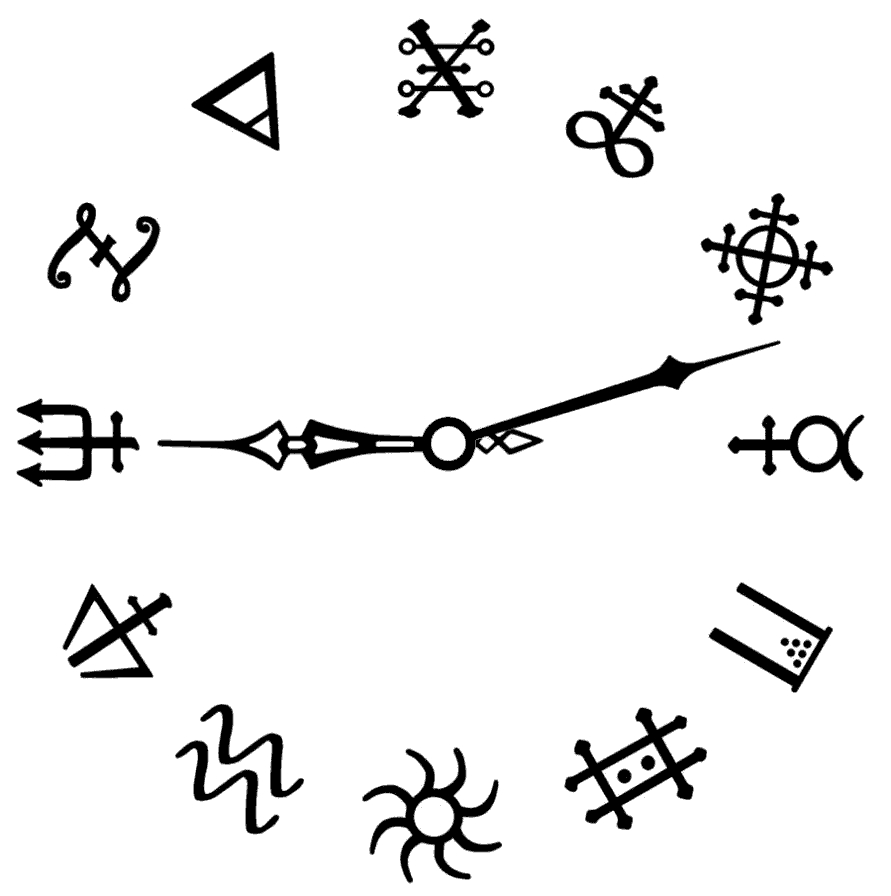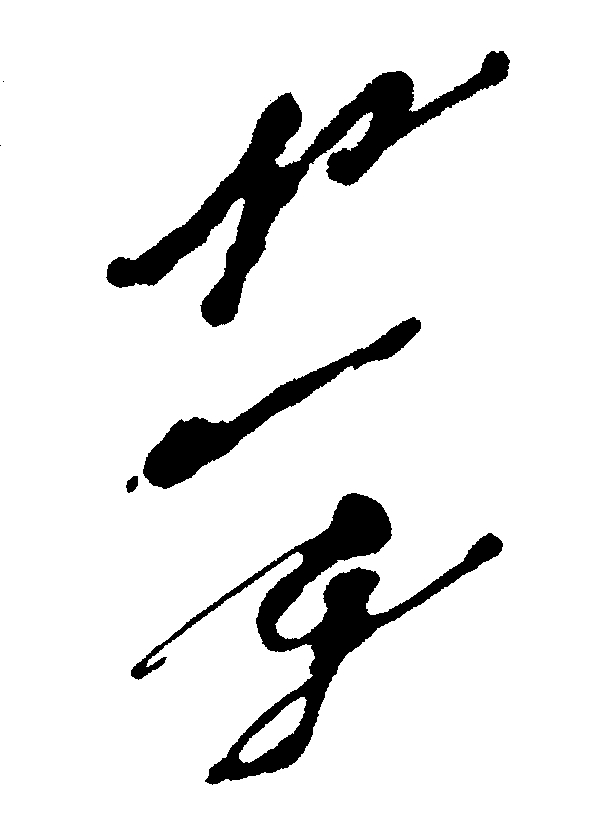A few months ago, I got my second tattoo, and intend to get more in the future.
Yes, it’s a symbol of a religious mythology. No, it doesn’t mean I “got religion”. No, you don’t get to see my first tattoo unless you’re a boyfriend, doctor, or come with me to the beach.
But please don’t tell me it’s cultural appropriation. It’s bad enough that the artist made a (fixable) mistake without having to remove the whole thing.
The tattoo is a symbol of the Japanese Sun goddess, Amaterasu. I didn’t choose it for religious expression, I chose it because of the myth of Amaterasu and the Cave, a story that slightly resembles the movie “Frozen”. From the Ancient History Encyclopedia:

Perhaps the most celebrated myth concerning Amaterasu is when she blocked herself in a cave following an argument with Susanoo when he surprised the goddess with a monstrous flayed horse when she was quietly weaving in her palace with her younger sister Waka-hiru-me. As a consequence of Amaterasu’s disappearance the world was cast in total darkness and evil spirits ran riot over the earth. The gods tried all manner of ways to persuade the peeved goddess to leave the cave. On the advice of Omohi-Kane, cocks were set outside the cave in the hope their crows would make the goddess think that dawn had come. The gods also placed a large sakaki tree (Cleyera japonica) outside the cave and decorated it with sparkling jewels (magatama), fine white clothes and a mirror at its centre. In addition, the goddess Amenouzume (or Ama-no-Uzeme) danced so wildly in a strip-tease routine that the other gods’ uproarious laughter finally excited the curiosity of Amaterasu. Opening the blocked cave just enough to see what was going on and whilst distracted by seeing her stunning reflection in the mirror, the strong god Ame-no-tajikara-wo yanked the goddess out of the cave. Tuto-Tamu then held behind the goddess a pole of plaited straw and emphatically stated that the goddess could hide no longer and the world was once more bathed in her radiant sunlight.
As a symbol of Transitioning, of living most of my life in darkness, it felt like perfect symbolism.
The observant will notice that there’s Morse code around it instead of the solid line circle normally in the symbol. (Notice my new avatar on FtB. I’m obsessed with purple.) Unfortunately, the artist messed up and made two errors, omitting a dot (it says “O” not “Q”) and omitting letters at the end.
It’s supposed to say “Rhiannon, The Great Queen”, a reference to the Celtic goddess Rhiannon. I should have double checked or kept the solid circle, but at least it’s an easy fix.
I definitely want another Morse code tattoo. Maybe I’ll get a unicorn with “Rhiannon” in Morse code on the horn. My male name sounds like the Japanese word for unicorn.
My next goal is the Transgender Warrior Masked Emblem, by Caspian Sea Monster. She gives permission for use of her art in tattoos on a non-commercial basis. I bet Zinnia Jones would wear that.

The Dogwood tree (the flower is only part of it, and it’s not even really a flower) is found all over the northern hemisphere. However, the six petal Pacific Dogwood is native only to British Columbia, where I’m from. It’s the provincial flower.

This hummingbird might require different colours and inks, this is just for show. But each group (3 yellow, 8 purple, 3 pink) would keep the same colours.

If you know which album cover this image comes from, you have good musical taste. Too bad the rest of the world doesn’t. I want it in an oval that gradually fades out, or perhaps in a “locket”.

I’m a lifelong Rush fan, so naturally there will have to be at least one tattoo. But not the “Starman” symbol, that’s overdone. The first is from Rush’s 2012 album, “Clockwork Angels”, the second from the 1984 album, “Grace Under Pressure”.


Aaaaaand I want one more: a sundial with the shadow casting the time 1:12. Since sundials only work in daylight, that would make the time 13:12 in the afternoon. A.C.A.B.

It’s odd how people interpret one and the same story so differently. I see it as a tale of misogyny. A woman (in this case a goddess) minds her own business and lives peacefully. Then a dude with some temper issues comes and frightens her. Fearing for her own safety, the woman decides to run away and hide in a safe place, she chooses to go somewhere and live alone on her own. A bunch of men decide that they need this woman for their own selfish purposes. It’s not like they cared whether Amaterasu was happy while she was living alone and in seclusion. They didn’t give a damn about her wellbeing, mental health, and happiness, they just wanted to exploit her, they needed her free service of providing light to others. The quote you gave even calls her “the peeved goddess” as if her decision to live in seclusion was some irrational feminine folly rather than a decision she had every right to make (in my opinion, women have a right of self-determination, they ought to be free to choose where they want to live). Ultimately, male gods forcefully pulled her out of her temporary shelter. The sentence “the strong god Ame-no-tajikara-wo yanked the goddess out of the cave” stinks of misogyny. I do agree that living alone in seclusion is harmful for a person’s mental health. Nonetheless, some strong man yanking a woman out of her home is unacceptable.
This isn’t a story of voluntary transitioning. If Amaterasu had understood that her secluded lifestyle is unhealthy and decided to go out on her own free will, then that would have been a nice story. A former abuse victim who got frightened into running away and hiding decides to instead go out and enjoy her life. That would be nice. But no, a mythology cannot possibly have stories about goddesses who independently decide how to lead their lives. Instead there are strong male gods who yank them around and declare what a woman can or cannot do. The sentence “Tuto-Tamu then held behind the goddess a pole of plaited straw and emphatically stated that the goddess could hide no longer” is misogynistic. Instead the ending should have been Amaterasu herself declaring that she has chosen to be strong and brave and that she will no longer hide.
The story goes that she was tricked into hiding, and that others were trying to bring her back into the world. That’s what I got out of it, being forced to live “male” most of my life.
I hadn’t heard about this myth before, so I only read the text you quoted here. The story, as you wrote or quoted it, lacks details. Thus it is necessary for the reader themselves to fill out the missing details, which is how it becomes possible for the reader to come up with various interpretations. For example, the line following an argument with Susanoo when he surprised the goddess with a monstrous flayed horse when she was quietly weaving in her palace is ambiguous, it’s up for the reader to figure out how to interpret it. I’m imagining an assholish male god startling and frightening the goddess with a monster and maybe even attacking her for fun.
I guess I’m just a cynical person. Whenever a myth lacks detailed information about how exactly something happened, I’m imagining the worst. In mythology it is common for female goddesses to be weaker than their male counterparts and therefore getting pushed around, controlled, and abused.
I’m genderqueer (female assigned at birth, but I don’t like living as a woman). Getting discriminated every now and then resulted in me becoming cynical and expecting the worst from people by default. Whenever some person does something nice, I’m happily surprised. It’s interesting how despite us having had some similar experiences, I ended up with the exact opposite interpretation from you while reading the same vague story about a goddess. For example, people have attempted to deny my own autonomy, often by treating me as if I was mentally ill or delusional, they patronized me and tried to force upon me a lifestyle I disliked. Thus while reading words “yanked the goddess out of the cave” I am imagining that the same kind of abuse was perpetuated also against the goddess, I am imagining that she’s also being denied autonomy by the rest of the gods aka the society.
Isn’t there some form of sundial that works in the arctic?
it might not be recognizable as such, but it would let you get one showing 0112
I once lived near the Arctic Circle. Never. Again.
Now I live permanently on the Tropic of Skin Cancer.